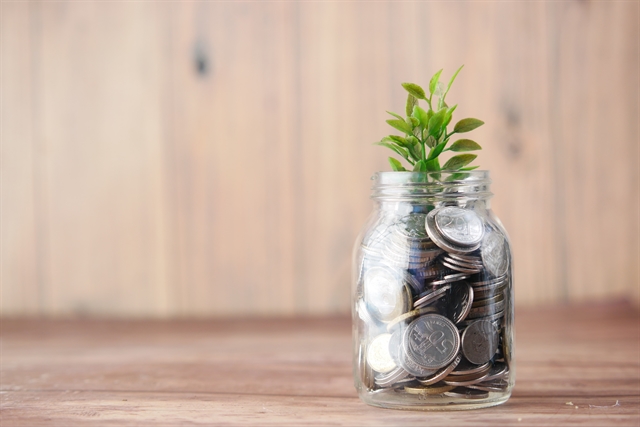
HÀ NỘI — Nearly seven out of 10 Vietnamese consumers (68 per cent) would consider switching from their current financial services providers for a bank or financial institution with a stronger commitment to sustainability.
The information was released in Mambu’s survey on the customers’ understanding and interaction with green finance.
The “Is the grass greener on the sustainable side?” report survey was conducted with more than 6,000 people globally, including more than 500 in Việt Nam, within a situation where increased consumers have shifted their purchase behaviour to become more sustainable in the past five years. This consumer trend of purchasing with a purpose does not just exist in commerce.
According to the survey, the result has shown that over two thirds (67 per cent) of consumers want their bank or financial institution to become more sustainable in the future.
Anna Krotova, Director of Sustainability at Mambu, said: “Our research shows that consumers are increasingly looking for ways to make greener financial decisions, but remain sceptical about how strongly banks are committed to the sustainability agenda.
“They want to play a more active role in making green finance the future of finance, and there’s a huge opportunity for forward-thinking players to get ahead in this transition. Mambu empowers financial institutions to do just that and build sustainable financial products quickly and cost-effectively to meet consumer demands.”
The survey also clarified two key definitions of ‘green’ and ‘ethical’ finance which may be common parlance among industry experts – but they are causing a level of confusion among consumers.
Globally, only 41 per cent of consumers have heard of either ethical finance, green finance, or both, rising to 47 per cent of consumers in the Asia Pacific. Meanwhile, Việt Nam has a higher rate of 56 per cent more than the other countries, only behind Thailand with 64 per cent.
Phạm Quang Minh, General Manager, Mambu Vietnam, said: “In Việt Nam, the majority of the consumers (84 per cent) do not fully understand the difference between green finance (a product that has been designed to protect the environment or to manage the impacts of finance and investments on the environment) and ethical finance (finance which considers not only financial returns but also environmental, social and governance factors).
“These statistics provide a clearer picture of how Vietnamese consumers perceive the interconnection of green finance and ethical finance, which indicate a need for greater education and communication within the industry.”
The survey also revealed that the top way Vietnamese consumers want banks to demonstrate their sustainability commitments is through adding or creating incentives or loyalty programmes for customers, which reward them for making financial decisions that support the sustainability transition (52 per cent). This is closely followed by making customers aware of their sustainability commitments during the application progress for all products and services (49 per cent).
In spite of what preceded, almost six in 10 Vietnamese consumers would value green savings accounts and bonds, and approximately half (49 per cent) would like sustainable credit and debit cards. Another priority in Việt Nam is sustainable cryptocurrency services (48 per cent) – joining Thailand as the only other country where this offering was cited as a top-three priority among consumers. — VNS
- Reduce Hair Loss with PURA D’OR Gold Label Shampoo
- Castor Oil Has Made a “Huge” Difference With Hair and Brow Growth
- Excessive hair loss in men: Signs of illness that cannot be subjective
- Dịch Vụ SEO Website ở Los Angeles, CA: đưa trang web doanh nghiệp bạn lên top Google
- Nails Salon Sierra Madre
 VnExpress News The News Gateway of Vietnam
VnExpress News The News Gateway of Vietnam




